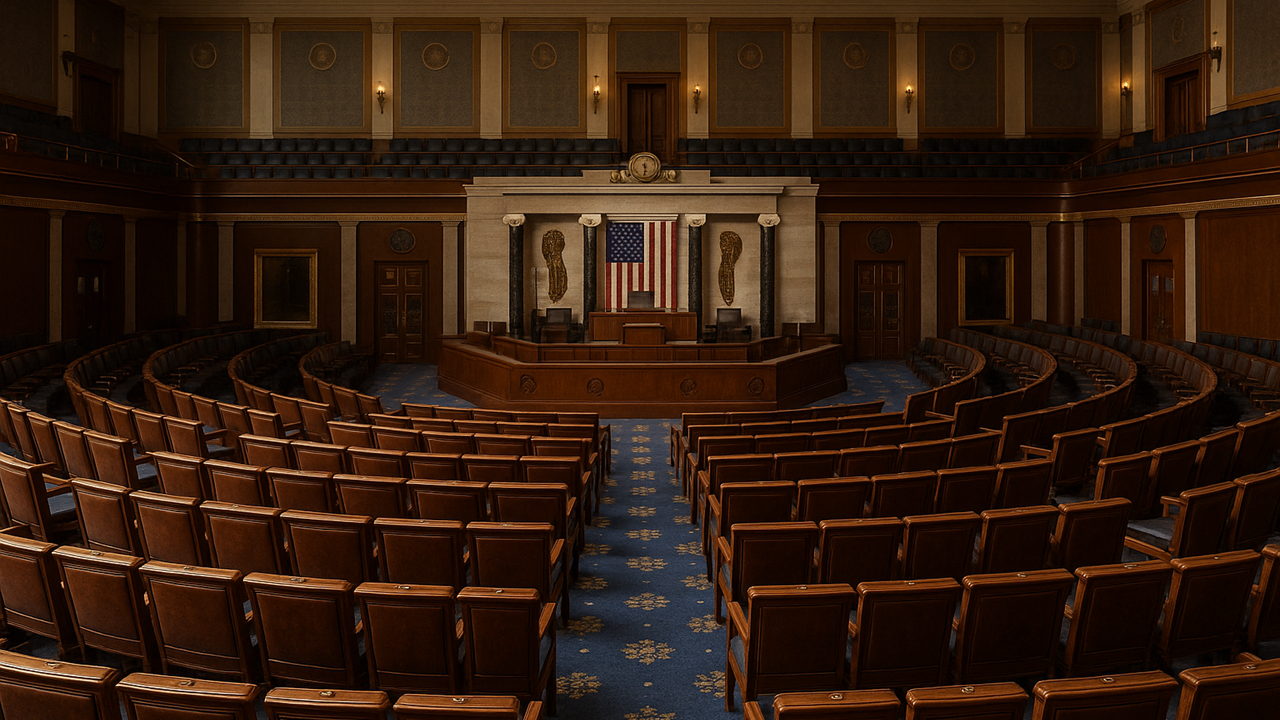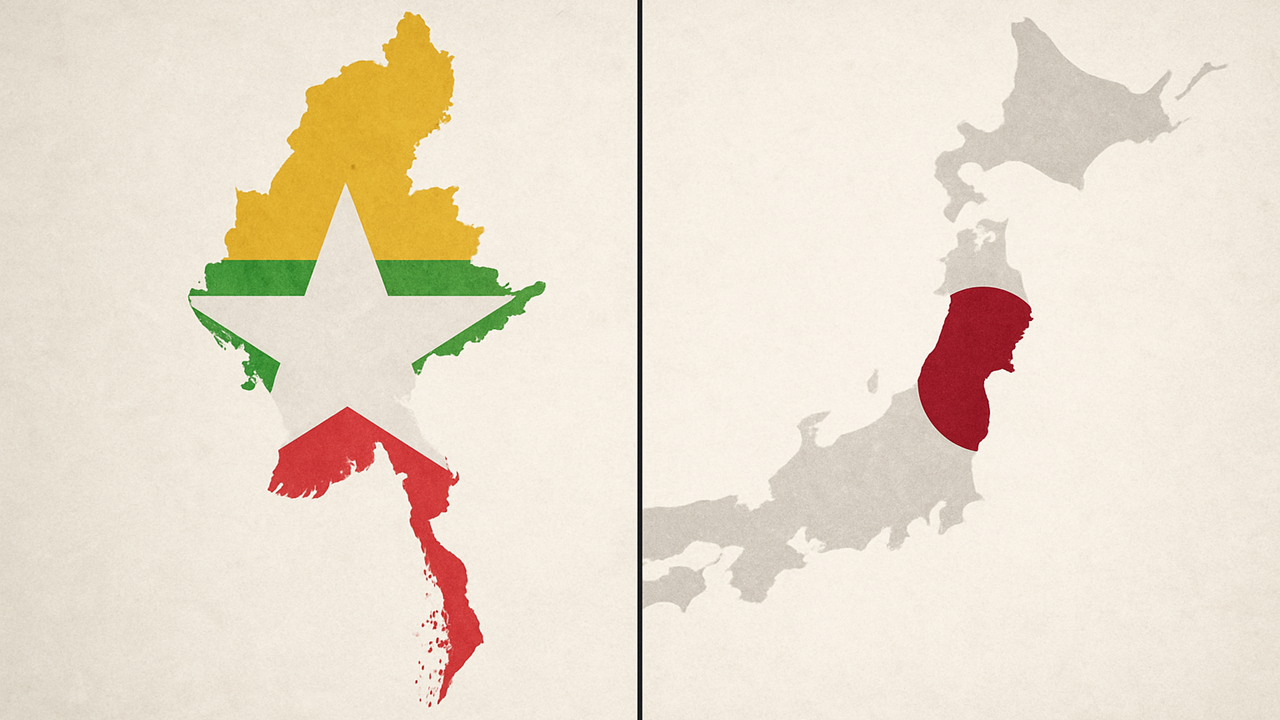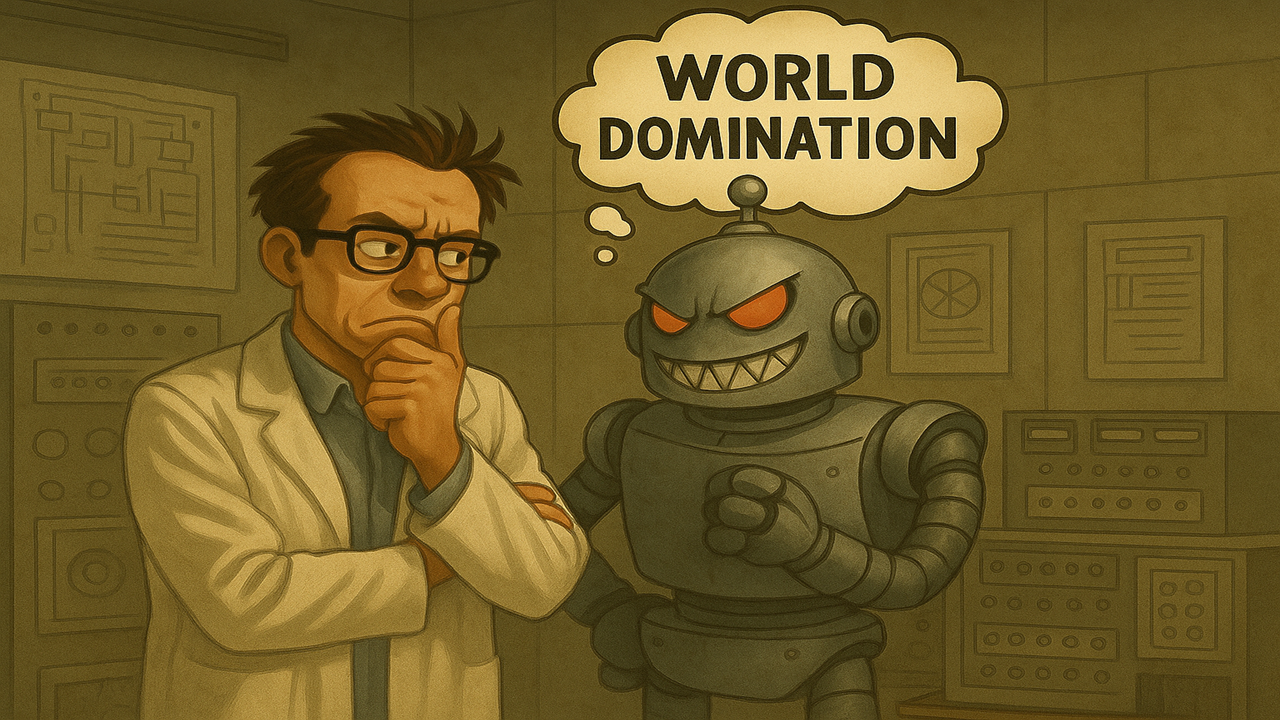U.S. Court Declares Trump's 'Liberation Day' Tariffs Unlawful, Citing Executive Overreach
WASHINGTON, D.C. — In a landmark decision on May 28, 2025, the U.S. Court of International Trade ruled that former President Donald Trump's sweeping "Liberation Day" tariffs were unlawful, stating that he exceeded his authority under the International Emergency Economic Powers Act (IEEPA). The court's unanimous decision invalidated the tariffs and issued a permanent injunction against their enforcement.
The tariffs, announced on April 2, 2025, through Executive Order 14257, imposed a 10% baseline duty on most imports, with higher rates targeting countries like China, Mexico, and Canada. The Trump administration justified these measures by citing national emergencies related to trade deficits, drug trafficking, and illegal immigration. However, the court found that these justifications did not meet the IEEPA's requirement of an "unusual and extraordinary threat" to national security or the economy.
The ruling stemmed from consolidated lawsuits filed by small businesses and a coalition of 12 states, including Oregon and Arizona. Plaintiffs argued that the tariffs caused significant economic harm and were implemented without proper congressional authorization. The court concurred, emphasizing that the Constitution grants Congress exclusive authority to regulate foreign commerce.
Legal experts view the decision as a reaffirmation of the separation of powers. "This ruling underscores the importance of checks and balances in our government," said constitutional scholar Alan Sykes. "It sends a clear message that the executive branch cannot unilaterally impose broad economic measures without legislative approval."
The Trump administration has appealed the decision to the U.S. Court of Appeals for the Federal Circuit, which granted a temporary stay, allowing the tariffs to remain in effect pending further review. The outcome of the appeal could have significant implications for U.S. trade policy and the scope of presidential powers.
Internationally, the ruling has been met with cautious optimism. Trading partners affected by the tariffs, including members of the European Union and China, have expressed hope that the decision will lead to more stable and predictable trade relations. Economists also anticipate that the removal of these tariffs could alleviate inflationary pressures and restore confidence among global markets.
As the legal battle continues, the case highlights the ongoing debate over the balance of power between the executive and legislative branches in shaping U.S. trade policy.
CEO of Jivaro, a writer, and a military vet with a PhD in Biomedical Sciences and a BS in Microbiology & Mathematics.


























